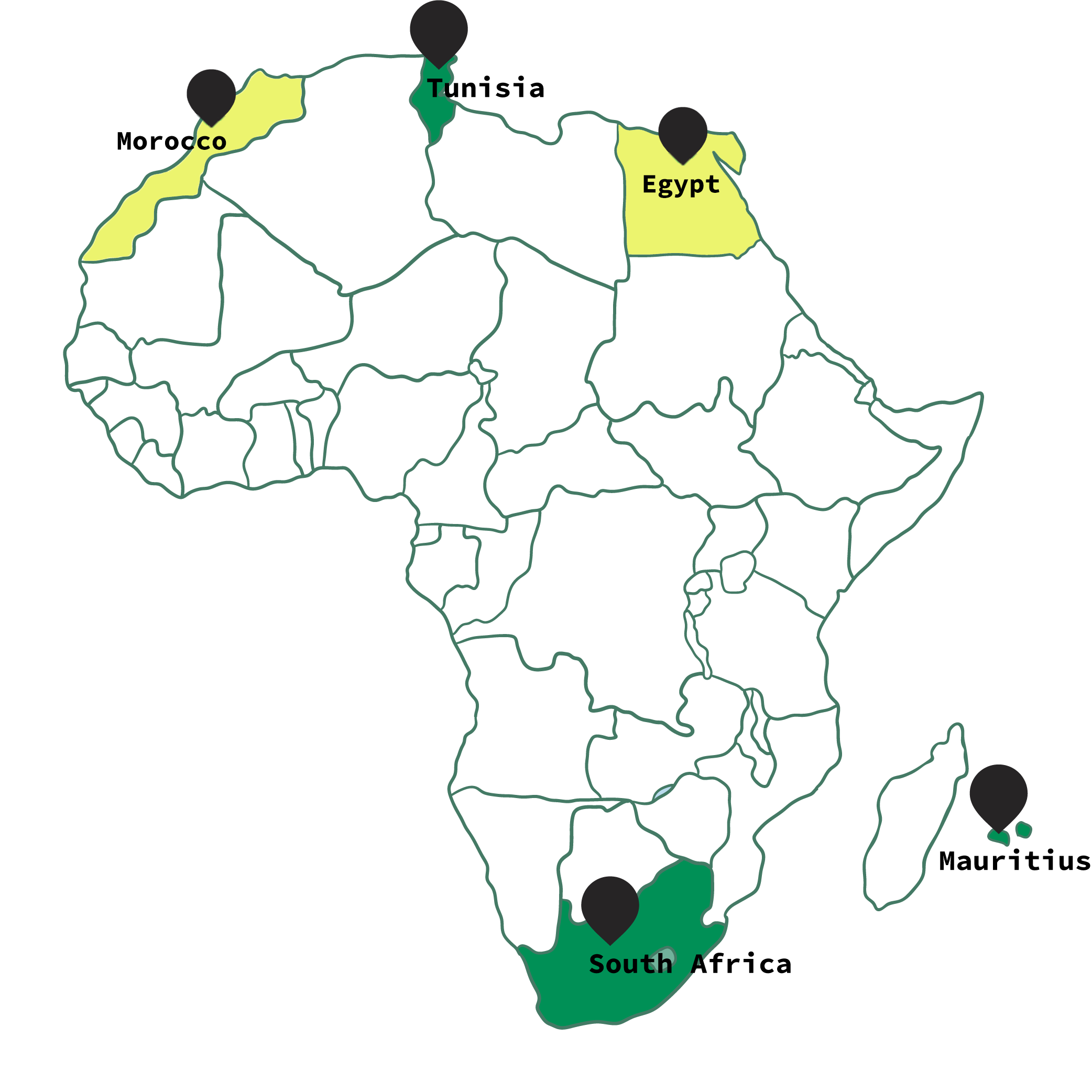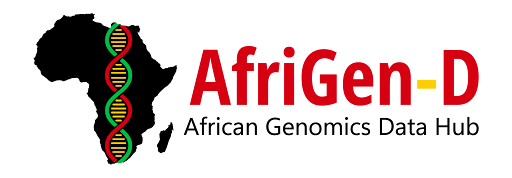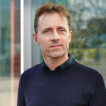Overview
The African Genomics Data Hub (AfriGen-D) offers a suite of interconnected resources and services to facilitate the implementation of African genomics research throughout all the research data life cycle, from data generation and discovery, to analysis and long term archiving.
AfriGen-D reflects the value and application of African genomics to world, and the increased integration of genetics/genomics in healthcare and biomedical research, globally.
Organisation
AfriGen-D is composed of 3 different sites based across 3 different African countries (South Africa, Mauritius, and Tunisia), with key partners in additional African countries.










